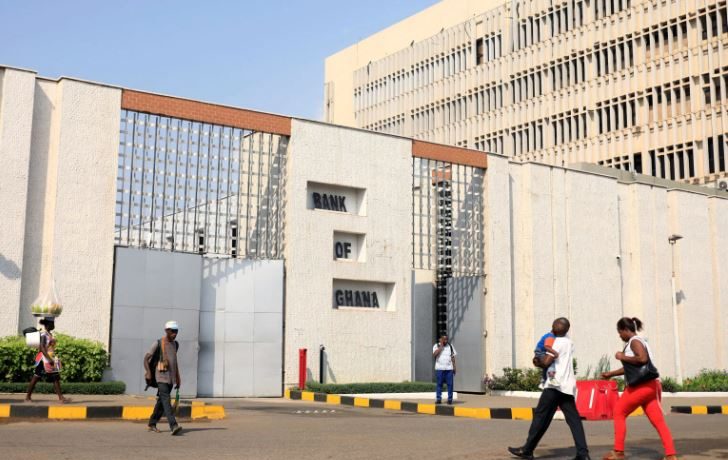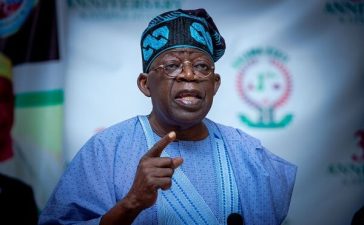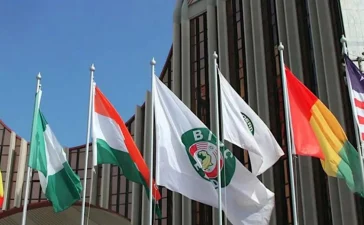Ghana’s central bank has maintained its main interest rate at 29% for the third consecutive meeting, citing the need for a strong monetary stance in light of uncertainties surrounding the inflation outlook. The decision, announced on Friday, diverged from the expectations of economists polled by Reuters, who had anticipated a 50-basis-point cut.
“Even though inflation is expected to remain within the target year band, the risks have tilted slightly on the upside,” Bank of Ghana Governor Ernest Addison stated during a news conference. He emphasized the importance of a robust monetary policy supported by strong fiscal consolidation efforts, given the current economic climate.
Governor Addison highlighted several factors contributing to the uncertainty in the inflation trajectory, including recent exchange rate pressures, upward adjustments in utility tariffs, and increases in export fuel prices. Despite a slight decline in consumer inflation to 22.8% in June from 23.1% in May, it remains significantly above the central bank’s target of 8%, with a margin of error of 2 percentage points.
Finance Minister Mohammed Amin Adam expressed optimism earlier in the week, asserting that Ghana could achieve its year-end inflation target of 15% by the close of 2024, thanks to a faster-than-expected economic rebound.
Leslie Dwight Mensah, an economist and research fellow at the Institute for Fiscal Studies in Accra, noted that the central bank’s decision was influenced by the stalled disinflation in the first half of 2024, which jeopardized both short- and medium-term inflation goals. Additionally, the cedi’s recent depreciation and the economy’s limited foreign financing options were significant considerations.
Governor Addison also commented on the resilience of economic activity in Ghana, despite the generally tight policy stance. He reported an improvement in the country’s trade balance during the first half of the year, driven by increased exports of gold and crude oil. Notably, gold exports surged by 46.4% to $5.04 billion, while crude oil earnings rose to $2 billion from $1.7 billion in the same period last year.
The West African nation, known for its cocoa, gold, and oil production, is currently restructuring its $30 billion debt to navigate through its most severe economic crisis in a generation. Governor Addison reiterated the central bank’s commitment to maintaining a strong monetary policy to stabilize the economy amid these challenges.







